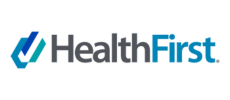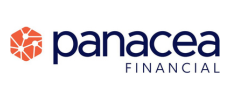GAO Highlights Final COVID-19 Report
Per the notice below, the United States Government Accountability Office (GAO) is highlighting its final report on the novel coronavirus (COVID-19) pandemic.
Our Final CARES Act Report About the Federal Response to COVID-19
During the pandemic, GAO was tasked by Congress to provide regular updates on the pandemic impacts, as well as audit the ongoing federal response. GAO issued more than 200 reports and other products about COVID-19 as part of a requirement under the CARES Act. Today’s WatchBlog post looks at our final comprehensive report under this requirement. In this report, we looked at the continuing effects on public health and the economy, as well as the work left to do by the federal government.
What’s the status of the pandemic?
The public health emergency ended in May 2023. But Americans are still losing their lives to COVID or feeling its economic impacts.
Recent impacts on health. As recently as March, about 450 deaths were linked to COVID and many more people were hospitalized with symptoms. This marks a steep decrease from COVID's peak—where in January 2021, about 26,000 Americans were dying each week. For many of us, catching COVID-19 might have been similar to getting the flu. But many Americans are still struggling with “Long COVID.” About 18% of adults in the U.S. have experienced this condition—suffering from long-term effects of COVID, like those shown below. About 5% still experienced ongoing Long COVID as of the end of last year.
Examples of Signs, Symptoms, and Conditions Associated with Long COVID

Lasting impacts on the economy. Much of our economy has bounced back from peak COVID days. Restaurants, movie theaters, and travel have all reopened for business. But not all areas of the economy have returned to pre-pandemic levels. Many of us continue to see higher prices at the grocery store due to inflation. Prices have largely declined, but as recently as March, inflation was still 2.3%. While the job market has greatly improved since the start of the pandemic, job growth showed signs of cooling this spring. Some labor market indicators were still trending below their pre-pandemic level. And the unemployment rate, which while low (4.2% in March), has shown little change since a year ago.
Labor Market Trends, 2019-2025

What was GAO’s role during the pandemic?
In response to the pandemic, Congress appropriated $4.65 trillion in emergency assistance for people, businesses, the health care system, and state and local governments. GAO was tasked by Congress with tracking these funds and monitoring the federal response. And we were busy. Among the 200 reports and other products we issued were 12 comprehensive, government-wide reviews of the federal response. Our efforts included 484 recommendations to Congress and federal agencies on how to improve the federal response to COVID-19, as well as any future nationwide crises like it. More than half of our recommendations have been implemented. And our work has already led to at least $43.9 billion in financial benefits for the taxpayer. For example, our recommendations helped save $14.8 billion by improving program integrity under small business loan programs. This was done, in part, through the implementation of a plan to identify and respond to risks, including fraud-related risks, that we recommended.

The work left to be done…
While the pandemic is over, we’re still following the money and looking for lessons learned. A lot of our COVID-19 work these days looks at fraud: This work includes a recent report (and blog post) on who committed this fraud and how they did it. And how many have been caught and prosecuted for it...so far. As of March, nearly 1,900 people have been convicted and sentenced to prison time for defrauding COVID-19 relief programs. The majority of those sentenced received 1-5 years. Many of these fraudsters, as well as those who did not receive jail time, were also ordered to pay restitution. The highest amount being over $71 million.
Prison Sentences for Defendants Found Guilty of Fraud-Related Charges Involving Pandemic-Relief Programs, as of March 31, 2025
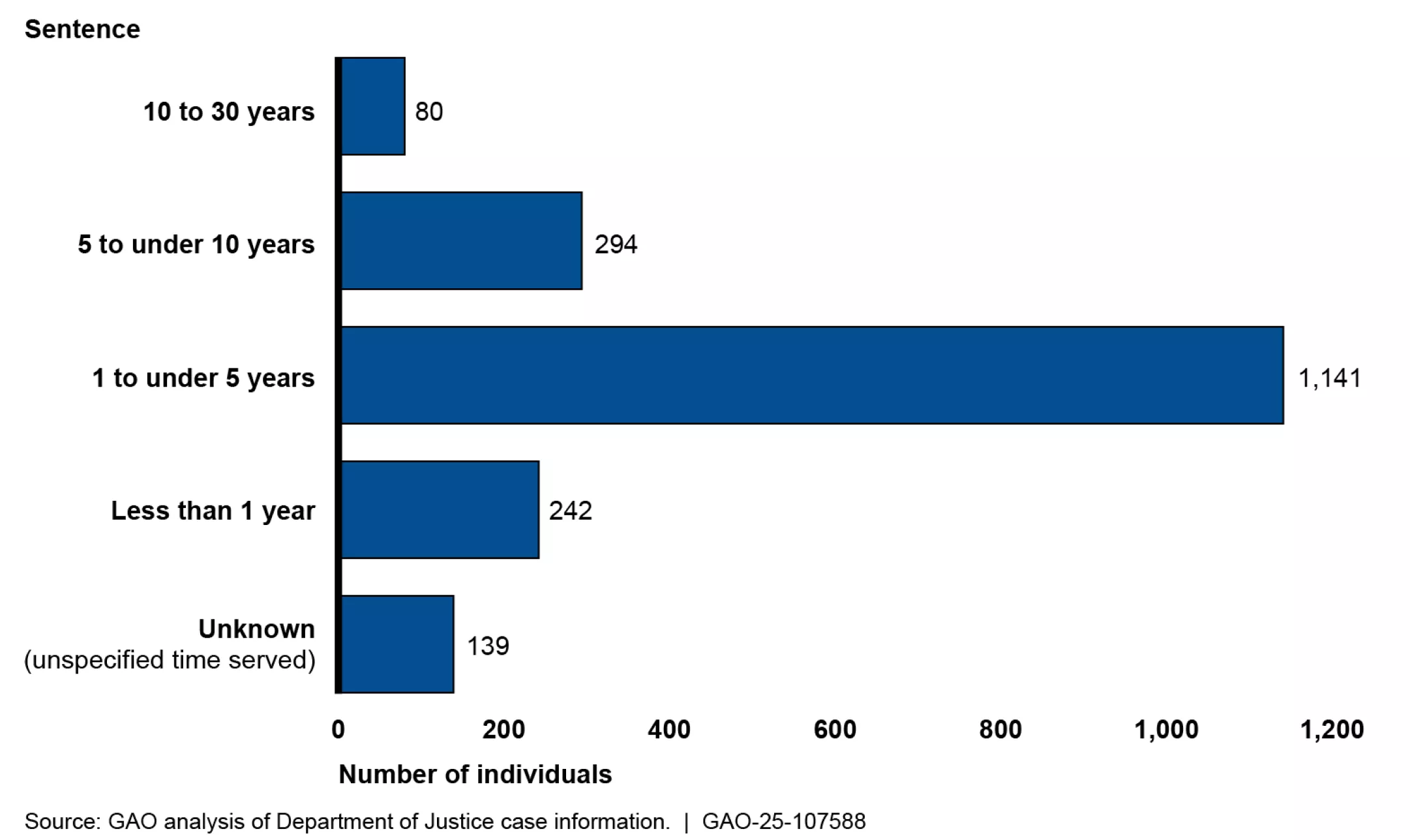
What lessons can we carry forward? Catching fraudsters and prosecuting them can help us understand how to prevent fraud under current programs and during future emergencies. But there are other lessons to learn from the pandemic too. Congress and federal agencies are uniquely positioned to take the lessons learned from the COVID-19 response and better prepare for inevitable future emergencies. There are still 200 GAO recommendations needing action that could provide such opportunities. Learn more about our work and the federal response to COVID-19 by checking out our final CARES Act report.



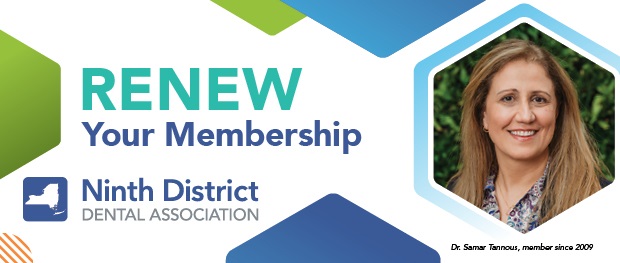
.tmb-rotator.png?Culture=en&sfvrsn=e3185440_1)
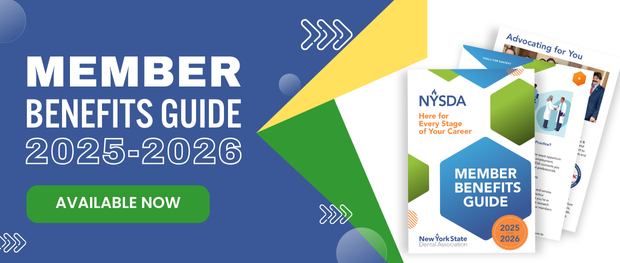
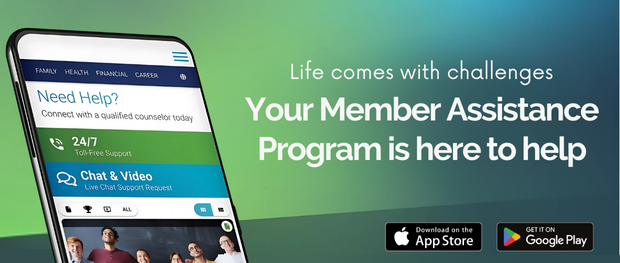




.png?sfvrsn=4447de7f_1)





